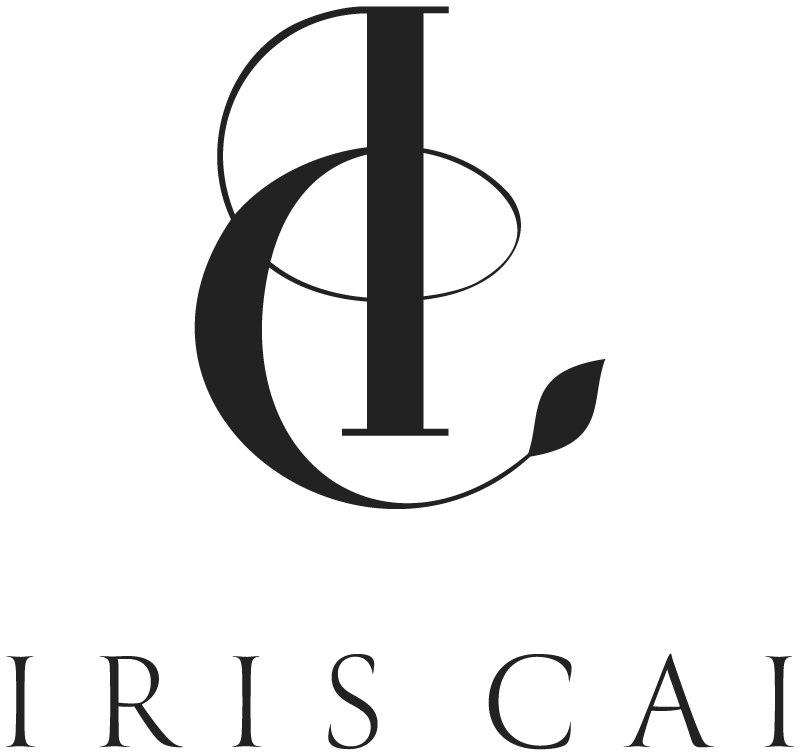Find Career Passion & Direction by Exploring Your Life Purpose
Experiencing post-long-weekend blues? How about we find a purpose for this week? Or if you are up for thinking a bit more long-term, how about your life purpose?
A lot of people talked to me about not knowing the purpose, or meaning of their lives. They wanted to achieve great things, to make a bigger difference, but always felt lost about which direction to go with and ended up staying status quo. Many of them can be considered "multipotentialites" (there is a TED talk about this) - they have talents in many areas, but have trouble finding a broadly defined path. My answers to them have always been: look for your life purpose.
Why is knowing your life purpose useful?
Having a clearly defined life purpose gives us a powerful sense of direction in life. Having that direction helps us focus our efforts, stay resilient and attracts resources from others to achieve the purpose in more powerful ways.
For some people, their career direction is directly aligned with their life purpose (e.g. A doctor working on cancer research as her life purpose is to conquer cancer). For some others, their life purpose is less directly related to their career, but can be manifested in their career focus. For example, an accountant whose life purpose is to help others unleash their potential would make sure that he stays in a leadership position where he can mentor and groom junior accountants).
What if your life purpose and your current career are completely not related?
You could either consider changing your career altogether, diversifying what you do in your current career, or fulfill your purpose by volunteering.
At the end of the day, as long as you stay in the journey of fulfilling your life purpose, you will live a life full of joy, rich experiences, and be empowered by the like-minded people who surround you.
Next, follow my posts this week to learn tips and key steps on how to find your life purpose.
Suggested reading on this subject
The Purpose Effect: Building Meaning in Yourself, Your Role and Your Organization by a former colleague of mine, Dan Pontefract.

